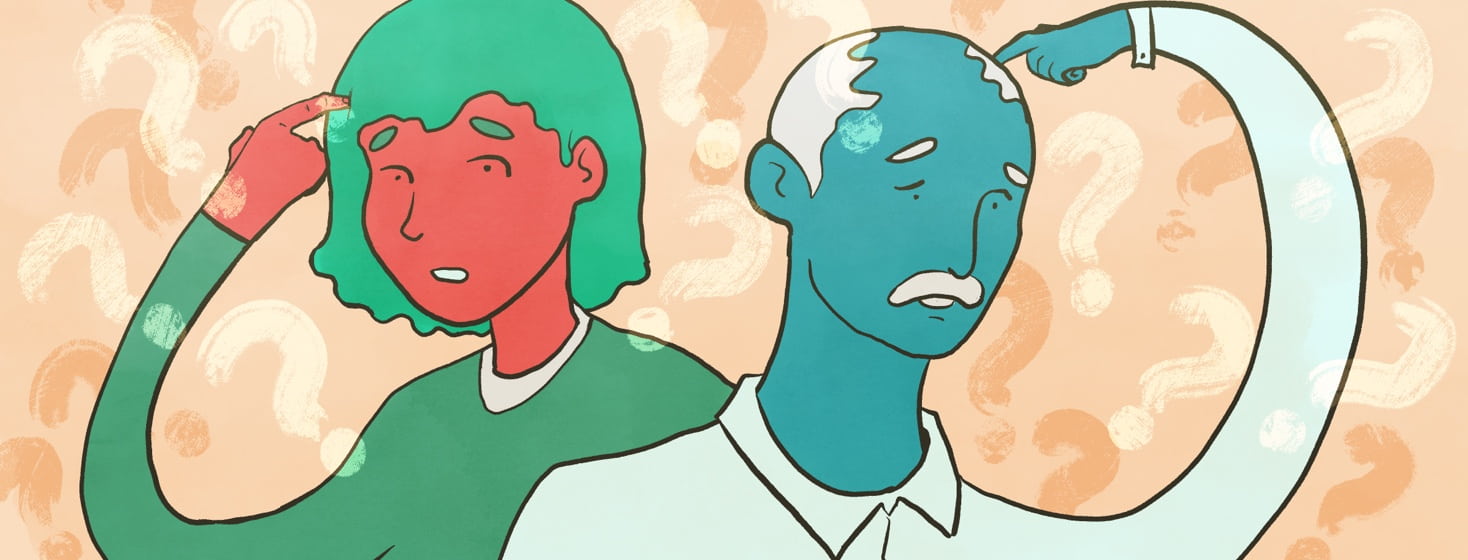When Our Loved Ones Don’t Get It
I feel like more often than not, our loved ones don’t tend to understand our illnesses. It might take conversation and time for some, but for others, it may never happen.
It’s disheartening for sure, because who would make any of these symptoms up? I know I wouldn’t. I’d give anything to go back to being healthy. I’m sure any of us would.
Why don’t they get it?
I think a big reason why our loved ones don’t understand our illnesses is that, quite honestly, it’s a hard concept to grasp. Being sick and in pain forever isn’t considered “normal” — which is why we need to advocate more and more for this to become “normal”.
For able-bodied people, it seems so easy to just get up every day and do their routines. For someone who’s chronically ill and/or disabled, that’s a whole other story. Some days it may be possible to do our routines, but on others, it will feel and be impossible.
They can't accept this new normal
It’s hard for our loved ones to see us the way that we are. They want the best for us, and they want us to feel great and be able to do what we want all of the time. But the reality is, that’s not possible and it may never be possible, sadly.
Because it’s hard for our loved ones to see us the way that we are, they may not want to accept that this is the new “normal” for us. Despite telling them time and time again that this is how things are now, and we just have to adjust our lifestyles to accommodate it.
What should we do?
Personally, my suggestion would be to just advocate more. The more we advocate and raise awareness about our disease(s), the more “normal” they become. If we talk about what we’re going through more, the people around us will start to understand what we go through on a daily basis. The more we normalize disability and illness, the more normal they become.
I think another reason that our loved ones don’t understand what we go through is because of the lack of education around these subjects. Disabilities and illnesses aren’t mentioned in the media enough. We need to hear more disabled peoples’ stories in order for the general public to learn more about chronic conditions. Let’s make AS a known illness!
Featured Forum
View all responsesIt won't always be easy
Having conversations and being vulnerable about our illnesses to those that we love can sometimes be difficult. Just know that you’re speaking your truth and putting yourself out there in order to raise awareness and give insight into your life. Sometimes people will get it, sometimes they won’t.
Something big that I’ve learned since being chronically ill is knowing whether to keep that relationship or to let it go. Sometimes it’s worth it to keep that person in your life (and maybe talk about your illness less to them), and sometimes it’s worth it to let that person go. I’ve done that quite a bit in the last 4 years.
Whatever you choose to do, it’s your decision and your health.

Join the conversation